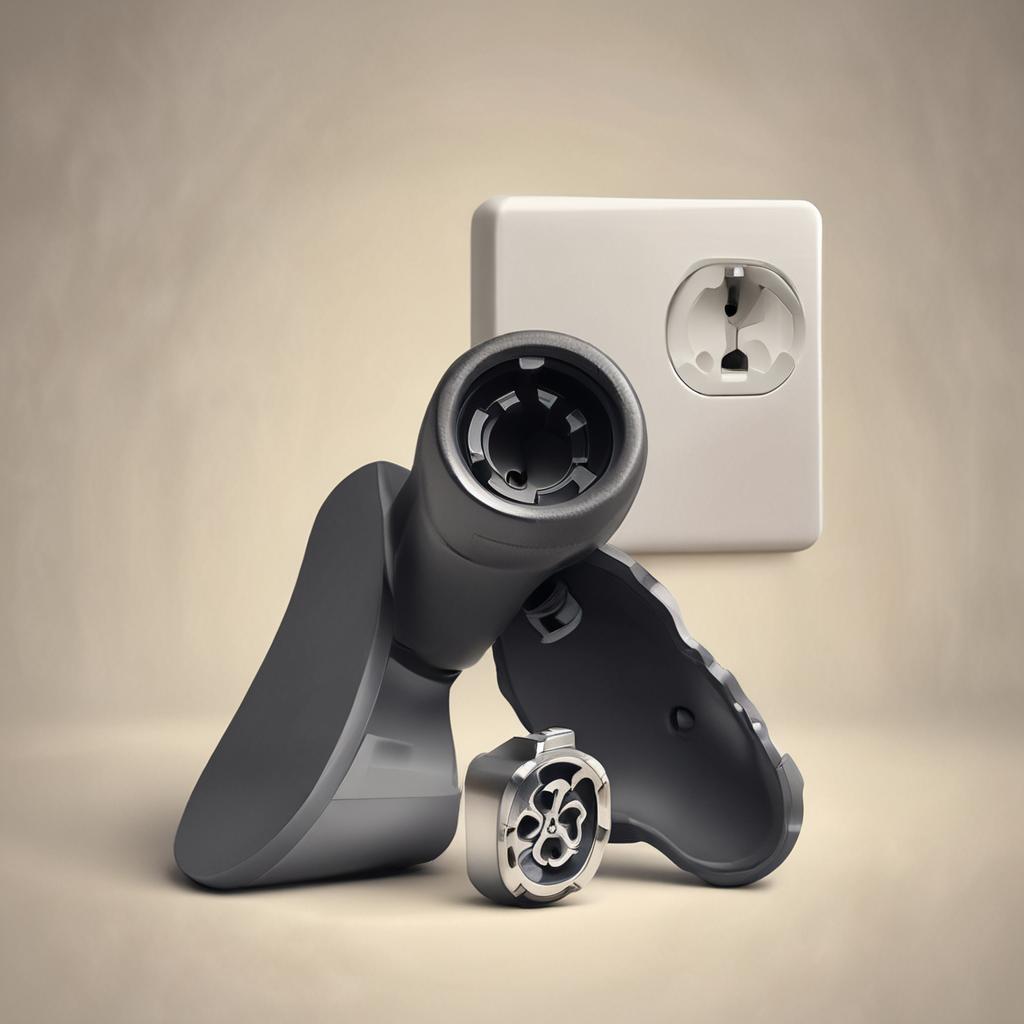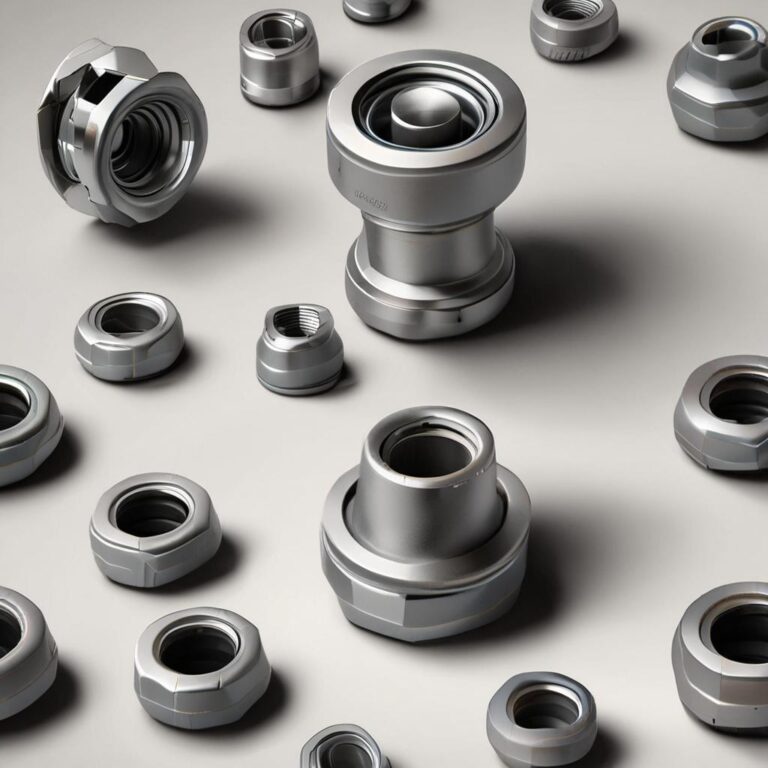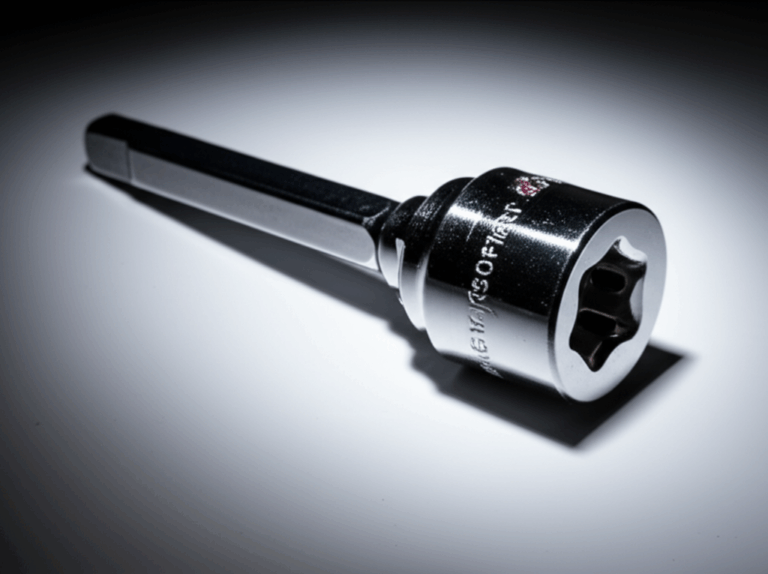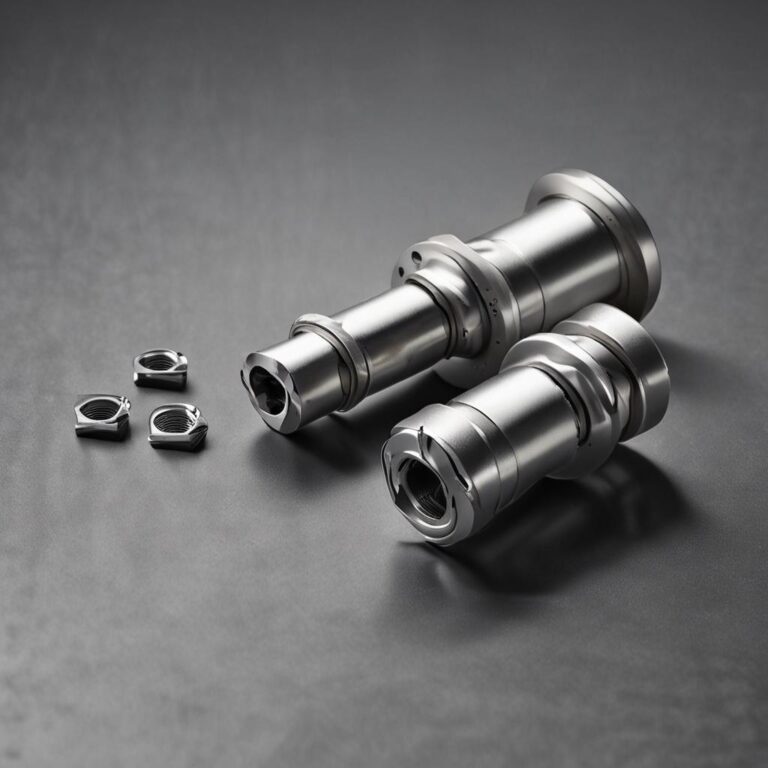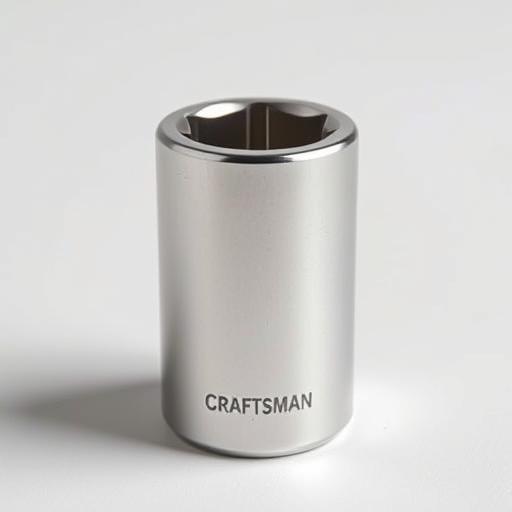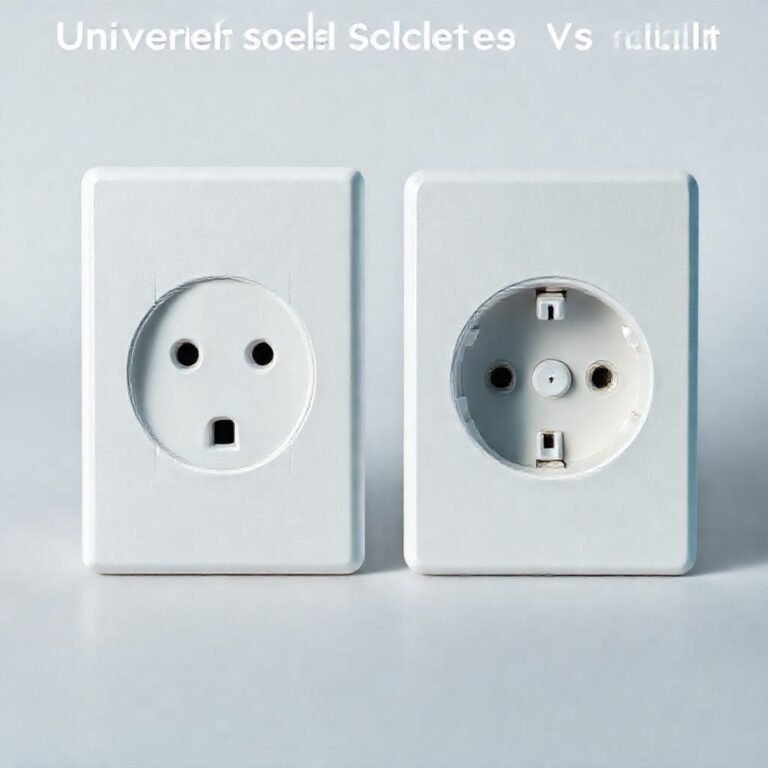Universal Socket Vs Standard Socket
In the world of electrical systems, sockets are the unsung heroes that keep our devices powered and running smoothly. However, not all sockets are created equal. When it comes to choosing between a universal socket and a standard socket, understanding their differences is crucial for safety, compatibility, and convenience. Whether you’re setting up a new home, traveling internationally, or working in an industrial setting, the right socket can make all the difference. This guide breaks down the key features, advantages, and limitations of both types to help you make an informed decision.
What is a Standard Socket?
Definition and Basic Features
Standard sockets, such as NEMA (North American), UK BS 1363, or EU Schuko plugs, are designed to fit specific plug types in a fixed configuration. These sockets typically have predefined voltage and current ratings, ensuring compatibility with local electrical standards. For example, a US standard socket provides 120V at 15A, while European sockets operate at 230V. Their physical design often includes grounding mechanisms and insulation features to enhance safety.
Advantages of Standard Sockets
Features table for Advantages of Standard Sockets
Standard sockets are lauded for their reliability and adherence to strict safety certifications like UL (Underwriters Laboratories) or CE (Conformité Européenne). They are widely available, making replacements or upgrades straightforward. Most household appliances are designed to work seamlessly with standard sockets, reducing the risk of compatibility issues. Additionally, their fixed design ensures a secure connection, minimizing electrical hazards.
Limitations of Standard Sockets
The main drawback of standard sockets is their limited adaptability. If you have devices with plugs that don’t match your country’s standard, you’ll need adapters, which can be inconvenient. International travelers or users with imported appliances may face frequent plug-type mismatches. Moreover, upgrading a standard socket to accommodate new plug types often requires replacing the entire unit.
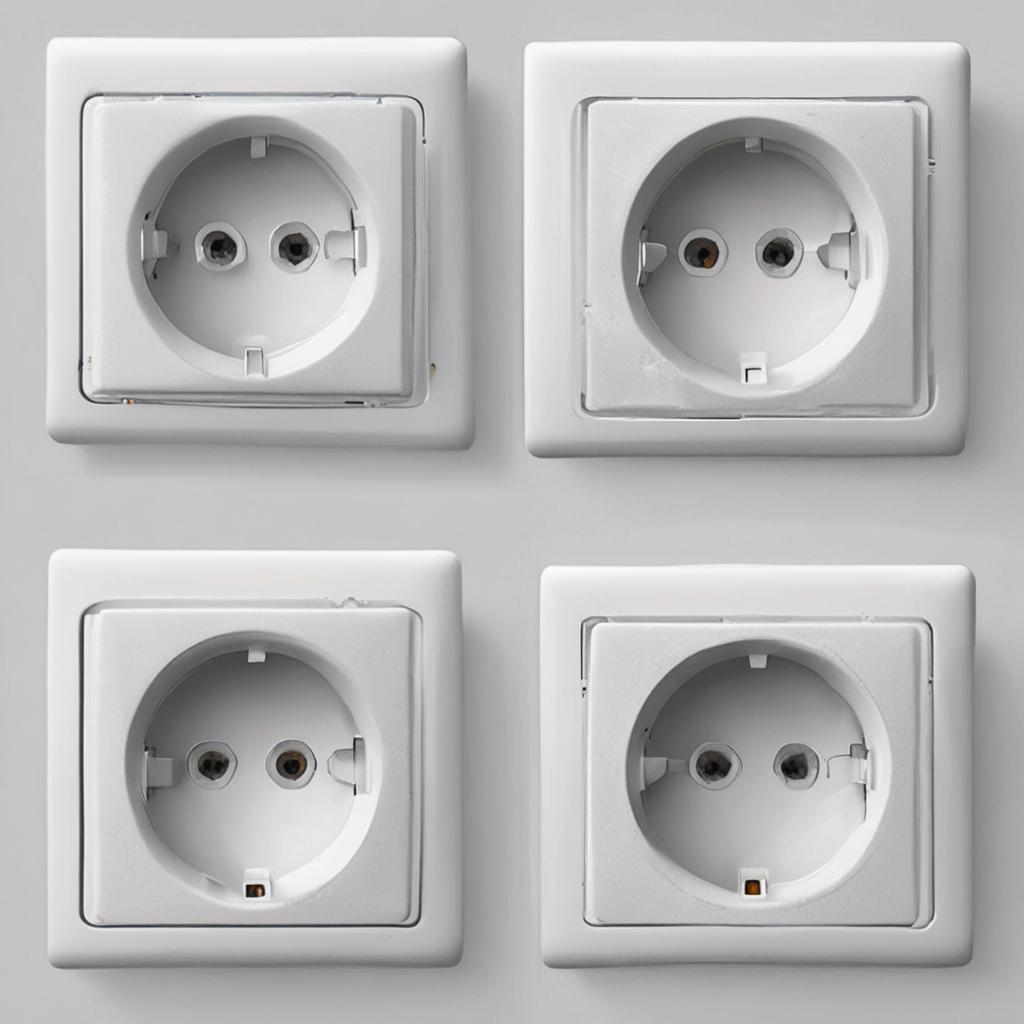
What is a Universal Socket?
Definition and Key Features
Universal sockets are designed to accommodate multiple plug types, thanks to adjustable mechanisms or modular designs. These sockets often feature movable prongs, sliding panels, or multiple slots to fit various plug configurations. They are commonly used by travelers, in industrial settings, or as emergency backups. For instance, a universal socket might support US, UK, and EU plugs simultaneously, eliminating the need for adapters.
Advantages of Universal Sockets
The primary benefit of universal sockets is versatility. They eliminate the hassle of carrying multiple adapters or struggling with incompatible plugs. Travelers, in particular, appreciate the convenience of a single socket that works across different regions. Universal sockets can also be a cost-effective solution for temporary setups or emergency power needs, as they reduce the need for multiple adapters or socket types.
Limitations of Universal Sockets
Despite their flexibility, universal sockets come with trade-offs. Loose connections can pose safety risks, especially if the socket isn’t properly secured. Some models may lack the durability of standard sockets, leading to wear and tear over time. Additionally, universal sockets tend to be more expensive upfront, though they may save money in the long run by reducing adapter purchases.
Universal Socket vs. Standard Socket: Key Differences
Compatibility & Versatility
Standard sockets have a fixed design tailored to specific plug types, ensuring a secure fit for local appliances. In contrast, universal sockets offer adjustable mechanisms to accommodate multiple plug configurations, making them ideal for international use or temporary setups.
Safety & Reliability
Standard sockets undergo rigorous safety testing and often carry certifications like UL or CE, providing peace of mind. Universal sockets, while convenient, may not always offer the same level of safety, particularly if the connection isn’t properly secured. Always check for reputable brands and certifications when choosing a universal socket.
Cost & Availability
Standard sockets are generally more affordable and widely available due to their mass production for specific markets. Universal sockets, on the other hand, tend to be pricier but may offset costs by reducing the need for adapters or additional sockets.
Use Cases & Best Applications
Standard sockets are best suited for permanent installations in homes, offices, or industrial settings where plug types are consistent. Universal sockets shine in scenarios requiring flexibility, such as travel, emergencies, or temporary power solutions.
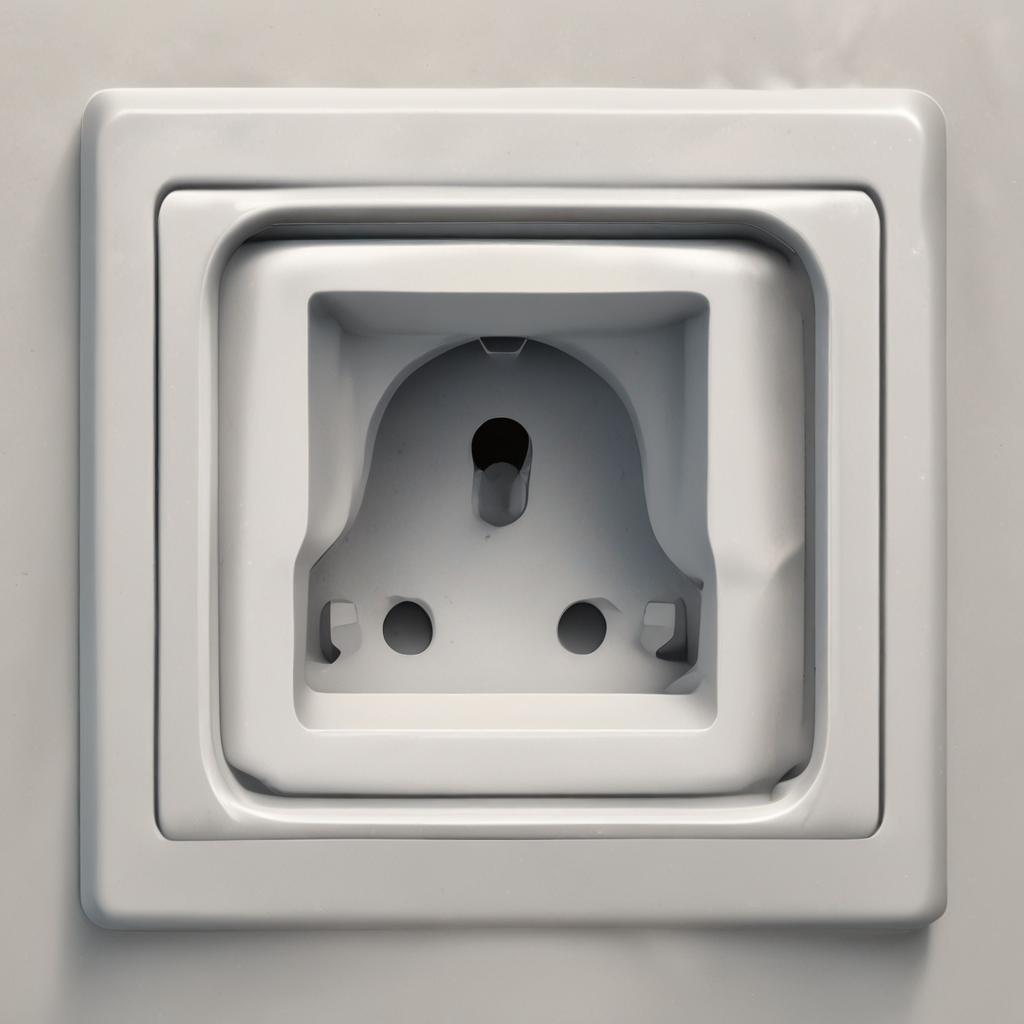
Which One Should You Choose?
Factors to Consider Before Deciding
When choosing between a universal and standard socket, consider factors like the frequency of plug type changes, safety requirements, and budget. If you frequently travel or use appliances with different plug types, a universal socket may be worth the investment. For stable, long-term use, a standard socket is often the safer and more cost-effective choice.
Best Scenarios for Standard Sockets
- Permanent installations in homes, offices, or industrial settings
- High-power appliances requiring a stable, secure connection
- Regions with strict electrical safety regulations
Best Scenarios for Universal Sockets
- International travel or frequent plug type changes
- Emergency backups or temporary power solutions
- Settings where multiple plug types are used (e.g., hotels, rental properties)
Safety Tips for Using Sockets
Regardless of the socket type, safety should always be a priority. Ensure proper installation and grounding to prevent electrical hazards. Avoid overloading sockets with high-wattage devices, and regularly inspect them for signs of wear or damage. When using universal sockets, double-check that the connection is secure before plugging in devices.
Future Trends in Socket Technology
The future of socket technology is evolving with smart features. Smart sockets with USB ports, wireless charging integration, and remote control capabilities are becoming more common. Additionally, manufacturers are improving universal socket designs to enhance safety and compatibility, making them a viable option for a broader range of applications.
Conclusion
Choosing between a universal socket and a standard socket ultimately depends on your specific needs. Standard sockets offer reliability and safety for permanent installations, while universal sockets provide flexibility for travelers and temporary setups. Prioritize compatibility, safety, and long-term usability when making your decision. By understanding the key differences, you can ensure your electrical system meets both your practical and safety requirements.
FAQs
Can a universal socket replace a standard socket in a home?
While possible, it’s not always recommended due to potential safety risks. Check local electrical codes and opt for certified universal sockets if needed.
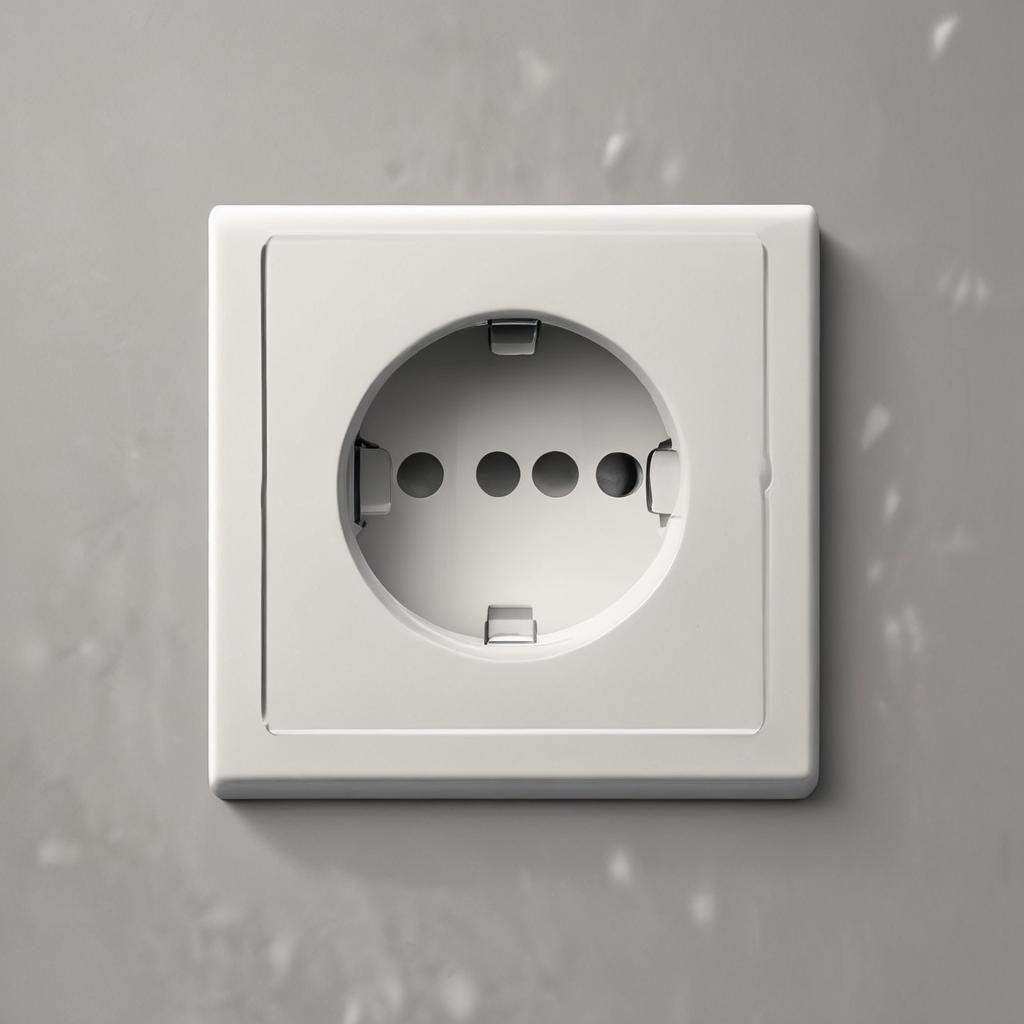
Are universal sockets safe for high-power appliances?
Generally not recommended, as they may not provide a secure connection for high-wattage devices. Stick to standard sockets for high-power needs.
Do universal sockets work with all plug types worldwide?
Most handle common plug types, but some rare configurations may still require adapters. Always verify compatibility before use.
How do I choose between a universal and standard socket for my needs?
Consider plug compatibility, safety, and frequency of use—standard is better for fixed setups, universal for flexibility.
Are there any smart universal sockets available?
Yes, some models combine universal compatibility with smart features like remote control and energy monitoring.

